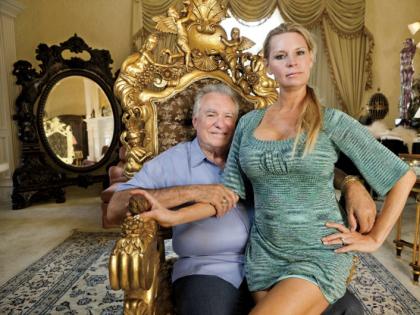Peter Roberts is hunting for a description of the ocean, possibly by Proust, containing phrases he recalls as "our plaintive ancestress" and "its immemorial lunatic agitation."
Sheila Berg seeks a citation for "Oh there is beauty in this gentle breeze," attributed in a magazine to Wordsworth.
Joseph Barbieri inquires for two stories. The first involves the obliteration of any record of the existence of a poor child, raised in an orphanage and forced into a degrading job, who dies young and is buried in an unmarked grave, after which, in time, the church where his birth was registered burns down and the few people who knew him die. The second involves an American pilot serving in England in World War II who is invited to spend the weekend with an English couple whose son is in the R.A.F. Their coolness during his visit puzzles him until he returns to his base and learns they were notified, the very day of his arrival, of the death of their son.
Harold Goldmann would like author and text for the imitation of Elizabeth Akers Allen's "Rock Me to Sleep" that is set at an (Ivy League?) college fiftieth reunion and includes the stanza "Dear God, with all of your might,/Make all of us 20 just for tonight,/Gray temples at 20? Yes, white if you please,/Where the snowflakes fall thickest,/There's nothing can freeze."
Anthony Dillof hopes someone recognizes this statement: "Now that I have cleared up my initial confusion, I feel I am confused on a much higher plane, and about more significant issues."
Rosalyn Chyten is looking for a poem, containing the line "He banked the fire and polished my good shoes," about an outwardly harsh and angry father who nevertheless gets up early in the morning to do things for his child or children.
"play the flute, but not too well" (January-February). Charles Maurer cites H.D.F. Kitto's statement in The Greeks (chapter 10, "The Greek Mind"): "It is this feeling that underlies Aristotle's remark that a gentleman should be able to play the flutebut not too well." Kitto does not give a citation, Maurer reports, "but his paraphrase seems to be based on book 8, part vi, of Aristotle's Politics."
"course that a free nation runs" (January-February). A precise citation remains elusive, but L. Gordon Tait writes that Rev. John Witherspoon (the only clergyman to sign the Declaration of Independence) notes in his "Serious Inquiry into the Nature and Effects of the Stage" that "as states grow up from poverty to industry, wealth and power; so, from these they proceed to luxury and vice; and by them are brought back to poverty and subjection." Arnold Simmel offers "a more optimistic cycle" from Machiavelli's History of Florence (book 5, chapter 1)"For valor gives rise to peace, peace to indolence, indolence to disorder, disorder to ruin; and similarly, from ruin is born order, from order valor, and from this glory and good fortune"and appends a "poetic" version, set to music about 1670 by Richard Browne, from Rounds and Rounds, by Mary C. Taylor (Hargail Music Press, 1959): "War begets poverty, poverty peace/Peace maketh riches flow, fate ne'er doth cease,/Riches produce pride, pride is war's ground,/War begetteth poverty, the world goes round." He concludes, "There are more elevated versions of the idea of cycles in human events, and we should not forget that two of them were propounded by famous Harvard sociologists, Pitirim Sorokin and Talcott Parsons. The world goes round."
"Puccini of music" (May-June 2002) Richard Wilbur offers a further lead: the words "were quoted by E.M. Forster, in the latter 1940s or early 1950s, when he addressed an audience in Sanders Theatre or the New Lecture Hall. Some sort of conference, perhaps on criticism, was being held. Is that vague enough?"
| |
Send inquiries and answers to "Chapter and Verse," Harvard Magazine, 7 Ware Street, Cambridge 02138.








